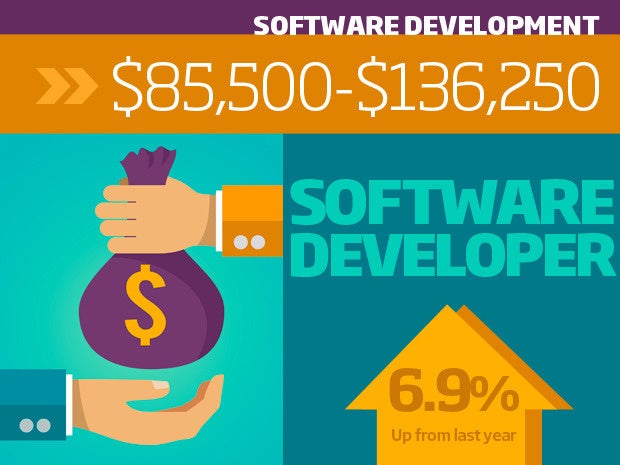Me and Coding
or How I Learnt To Love My Computer
Year: 2012 - present

 Then add a 'banking tax' for London, and you're close
Then add a 'banking tax' for London, and you're close
This is not one of those stories about how I’ve been playing around with machines since I was a small boy, and discovered that the machine and I were actually one and the same.
It is a story about how I started a startup and discovered that London was a great place to be a computer, and a nightmare place to start a startup. I won’t bore you with the reasons here, but the infographic on the right says it all: London has a mighty financial sector with deep pockets, and a neanderthal visa regime for overseas programmers. Little startups who aren’t able to build their own products need big investment upfront, or will die before their coffee gets cold.
It is an oft-repeated fact that 90% of startups die in the first three years. We made it out of that demographic - just - but it was clear to me from the beginning that this brave new world belongs to coders, and if I trained myself up, I would have not regrets even if we did end up just another statistic.
I did some online courses for free, and then took three intensive week-long courses - paid for by the company to compensate for my pitiful salary: in Ruby, a backend, server-side language, in Javascript, the dynamic language of the web, and in statistical machine learning, the backbone of artificial intelligence applications from Google Search onwards.
It was a revelation to discover that coding is not magic, but a fairly simple amalgamation of logic, mathematics and clear design. And so I started playing with code, first building a game for my newborn daughter to teach her spelling, which she still loves to play some two years on.
While I left the heavy lifting in Tonguesten to other programmers, I began to experiment with natural language processing and artificial intelligence, making small art projects. I wrote a programme that writes and performs its own hip-hop, a library to make video mashups, a lazy scraper to give me daily news digest from the websites that I liked to read the most. I experimented with real-time interactive computing through Open Frameworks, got interested in the analogue-digital conversion Arduino hardware board, and saw that the step from being a consumer to maker is smaller now than ever.
To Sum Up
To anyone who thinks that coding is hard, think of me as an example. Search Coursera for beginner programming courses - the University of Toronto Python courses are particularly good - and flip your consumption around.